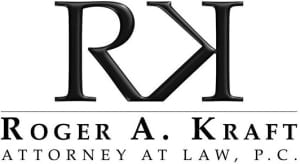People who have debt they cannot repay may consider filing for bankruptcy as a way to get a new financial start. Bankruptcy stops payments due until the court proceeding is settled.
Exemptions to the bankruptcy law in Utah allow you to keep specified property or money. This can provide a potential solution for a difficult financial situation.
Homestead exemption
Utah has a homestead exemption that favors debtors. It helps you keep some or all of your property and reduce the amount you owe to unsecured creditors.
In Utah, you can exempt $43, 300.00 of the equity in your primary residence. The state also allows you to exempt up to $5,100 in real estate that does not serve as your primary residences, such as a vacation home or investment property.
Other personal property
You can also claim an exemption for certain personal property if you file for bankruptcy. Utah has an exhaustive list that includes furniture, basic living essentials and essential housewares, with available exemptions capped at $1,000 per category. The state exemption list also includes items such as artwork depicting or produced by a family member, firearms, and proceeds from various legal claims. The laws also state an exemption for equity in a motor vehicle.
Bankruptcy can be an effective solution if you struggle to manage debt. The laws in Utah are designed to help you become financially stable after succumbing to bills you cannot pay, whether from medical expenses, job loss, credit cards or other types of unsecured debt. Remember that bankruptcy usually does not affect student loans and income tax debt.


